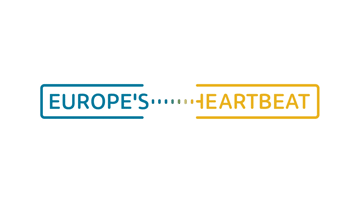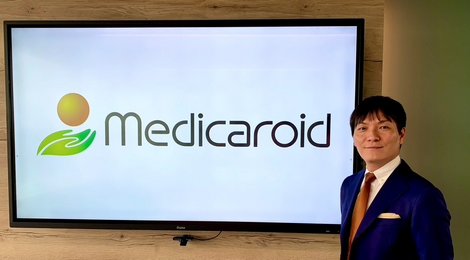How Medicaroid changes day-to-day running of hospitals with medical robots.
Robots that assist at the operating table – what was science fiction for a long time is now reality. One expert in the field of robot-assisted surgical systems is the Japanese company Medicaroid. The joint venture has more than 50 years of experience in the fields of medicine and robotics and aims to conquer the European market from North Rhine-Westphalia. Tetsuya Nakanishi, Managing Director of Medicaroid Europe GmbH, reports on the exact plans.
- The parent company of Medicaroid Europe GmbH is based in Japan and has been developing robot-assisted surgical systems since 2015. What benefits do you see in this technology?
The surgical operation robot hinotoriTM developed by Medicaroid supports surgeons during surgery in minimally invasive surgery (keyhole technique). Our robotic system includes high-resolution 3D HD visualization and redundant arms that move as precisely and easily as the surgeon's arms. The surgical instruments support the surgeon in performing an operation more efficiently and safely, with precision accurate to the millimeter, in the tightest space in the patient's body.
- In Japan, the use of medical robots is already well advanced. How do you assess the potential for your products on the European market?
In Japan, robotic surgery has become widespread in recent years, based on the assumption that prostatectomy will be covered by health insurance companies from 2012. To date, there is still no reimbursement in Europe with regard to robot-assisted surgery. As a result, only about 4% of all operations worldwide are currently performed with the assistance of a robot. From the clinics' point of view, however, the demand for robotic systems has increased significantly in recent years. Medicaroid is the first company in the world with more than 50 years of professional experience in robotic technology to enter the market for surgical robots. This is one of our most important core competencies.
- When searching for a location, you chose Germany and North Rhine-Westphalia in particular. Which location factors convinced you?
An important criterion for us is Europe-wide accessibility and close cooperation with Kawasaki Robotics, which constitute our technological background, as well as close collaboration with our customers and business partners throughout Europe. For this reason, we chose Düsseldorf, which has one of the leading airline hubs in Europe and is located close to the Kawasaki Robotics branch in Neuss.
- Among other things, your company has developed a robot that helps doctors during operations. What exactly does the robot do?
Our robot system facilitates demanding and complex operations due to its precise transmission of motion. You have to imagine our robot as a "master-slave" system. The robot never acts independently, but is exclusively controlled by the operator. Some tasks are for example the complex suturing (anastomosis) of organs or the separation of organs.


